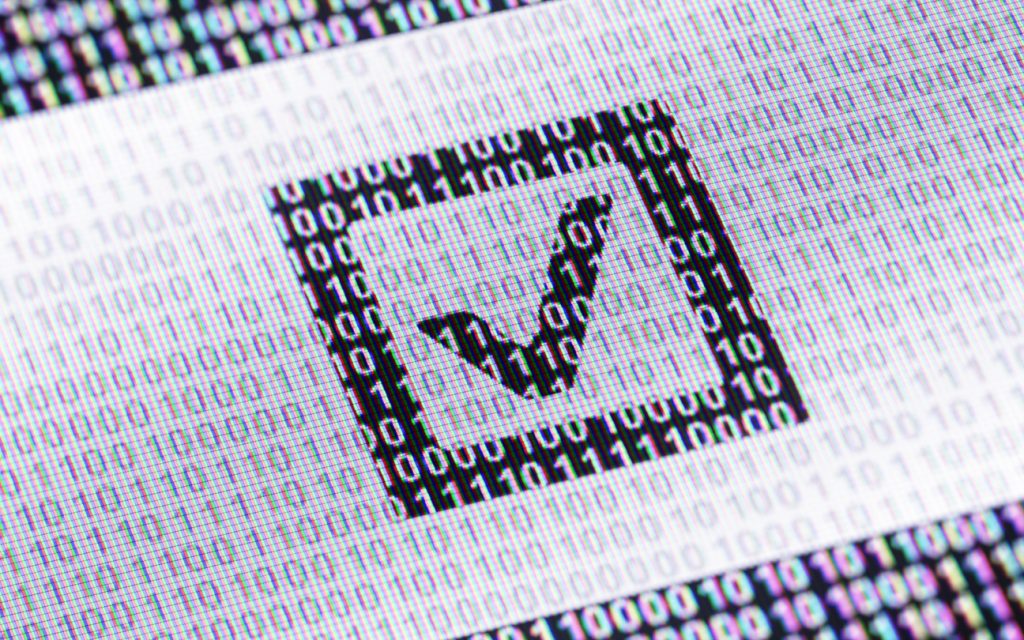Introduction to Zero Trust and Zero Knowledge
Zero Trust and Zero Knowledge are two concepts that are frequently used in the world of cybersecurity. While both approaches aim to enhance data security, they differ in their core principles. Zero Trust is a network security model that revolves around strict identity verification protocols, while Zero Knowledge is a data security model that focuses on data encryption and protection.
Differences Between Zero Trust and Zero Knowledge
The main difference between Zero Trust and Zero Knowledge is the aspect of verification. Zero Trust is a model that requires strict identity verification for devices and users before accessing confidential data and applications. On the other hand, Zero Knowledge is a model that encrypts data in a way that only authorized parties can access it. In Zero Trust, identity verification is the key aspect, while in Zero Knowledge, encryption is the core principle.
Another difference between Zero Trust and Zero Knowledge is their scope. Zero Trust is primarily focused on network security, while Zero Knowledge is mainly concerned with data security. While Zero Trust aims to ensure that only authorized and authenticated devices and users can access confidential data and applications, Zero Knowledge is concerned with securing data by encrypting it in a way that only authorized parties can access it.
Similarities Between Zero Trust and Zero Knowledge
Despite their differences, Zero Trust and Zero Knowledge have some similarities. Both approaches aim to enhance data security by implementing strict security protocols. They also require the use of advanced technologies and tools to ensure that data is secured against potential threats. Both Zero Trust and Zero Knowledge are essential components of any comprehensive security strategy.
Which Approach Is Right for Your Business?
The choice between Zero Trust and Zero Knowledge depends on the specific needs of your business. If your business requires strict network security protocols, then Zero Trust is the better approach. On the other hand, if your business requires the protection of confidential data, then Zero Knowledge is the better approach. In some cases, businesses may require both approaches to ensure comprehensive security.
In conclusion, Zero Trust and Zero Knowledge are two concepts that are essential for data security. While they differ in their core principles, both approaches aim to enhance data security by implementing strict security protocols. Understanding the differences and similarities between Zero Trust and Zero Knowledge is crucial in determining the best approach for your business.
Galaxkey’s Zero-Knowledge Architecture offer unmatched data security
Galaxkey’s innovative approach to data protection is built on a zero-knowledge architecture, ensuring that your information is fully secure and you have full control over access to your data. Our three-layered encryption technology is designed to protect your data at all times, whether it’s being stored, transferred, or collaborated on. We offer a suite of products that are available on a simple, easy-to-use platform, including secure emails, secure files, secure collaboration, and secure signatures, ensuring that ALL of your data is fully protected.
As cyber threats continue to grow and evolve, it’s more important than ever to take proactive steps to protect your company’s sensitive information. By adopting a zero-trust or zero-knowledge architecture, you can be sure that your data is safe and secure from unauthorized access, theft, or exploitation.
To learn more about how Galaxkey’s innovative zero-knowledge architecture can help protect your data and keep your business secure, visit our website and sign up for a free trial today.



